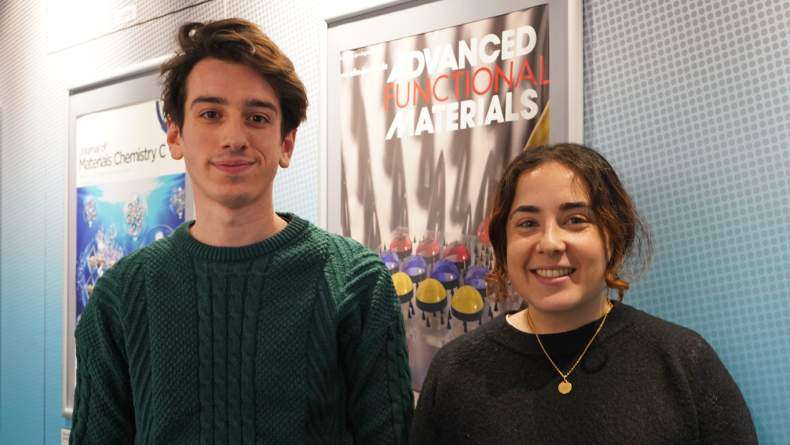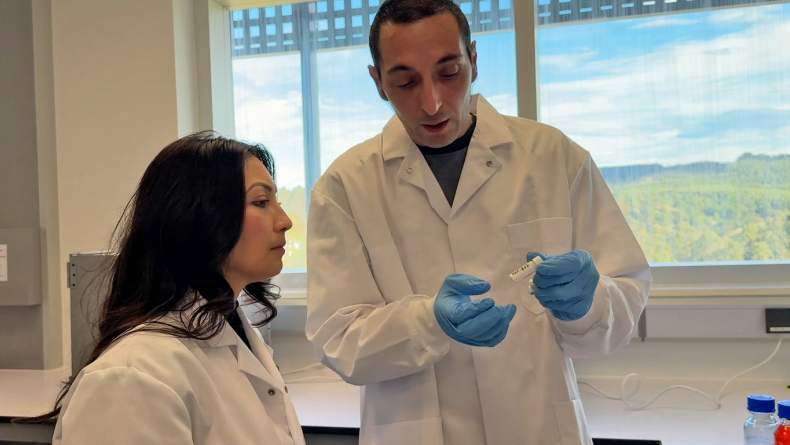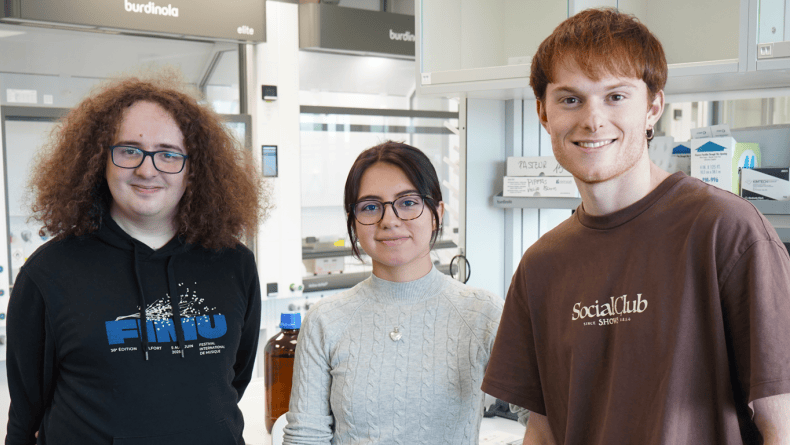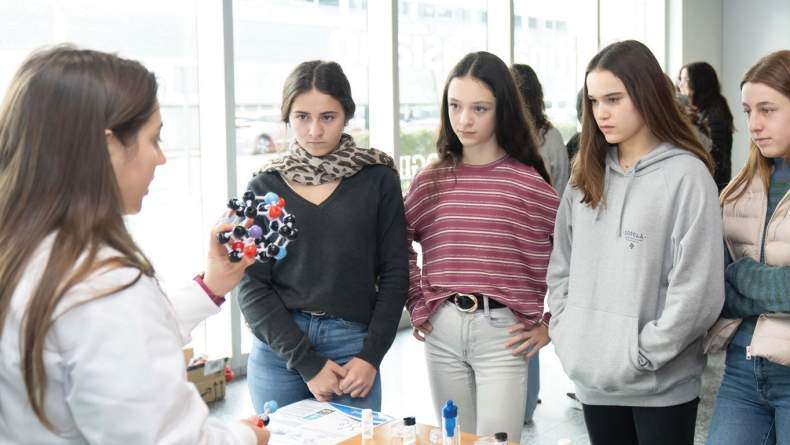BCMaterials invited talks: Professor Hari Srikanth
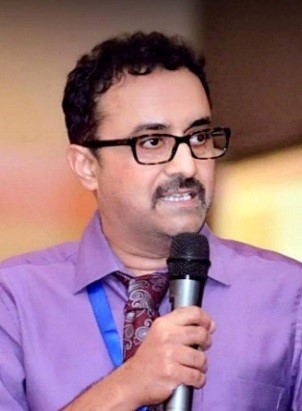
Tuning Magnetic Anisotropy in Nanostructures for Biomedical and Electromagnetic Applications
Hari Srikanth Department of Physics, University of South Florida, USA
Magnetic nanoparticles have been building blocks in applications ranging from high density recording to spintronics and nanomedicine [1]. Magnetic anisotropies in nanoparticles arising from surfaces, shapes, and interfaces in hybrid structures are important in determining the functional response in various applications. In this talk I will first introduce the basic aspects of anisotropy and discuss resonant radio-frequency (RF) transverse susceptibility, which we have used extensively, as a powerful method to probe the effective anisotropy in magnetic materials. The tuning of anisotropy has a direct impact on the performance of functional magnetic nanoparticles in biomedical applications such as contrast enhancement in magnetic resonance imaging and magnetic hyperthermia for cancer therapy. I will focus on the role of tuning surface and interfacial anisotropy with a goal to enhance specific absorption rate or heating efficiency. Strategies going beyond simple spherical structures to include exchange coupled core-shell nanoparticles, nanowires, and nanotubes, can be exploited to increase heating efficiency in magnetic hyperthermia [2], [3]. In addition to biomedical applications, composites of anisotropic nanoparticles dispersed in polymers pave the way to a range of electrically and magnetically tunable materials for RF and microwave device applications [4]. This lecture will combine insights into fundamental physics of magnetic nanostructures along with recent research advances in their application to nanomedicine and electromagnetic devices.
[1] E. A. Périgo, G. Hemery, O. Sandre, D. Ortega, E. Garaio, F. Plazaola, and F. J. Teran, “Fundamentals and advances in magnetic hyperthermia,” Appl. Phys. Rev., vol. 2, 041302, 2015. [2] Z. Nemati, J. Alonso, H. Khurshid, M. H. Phan, and H. Srikanth, “Core/shell iron/iron oxide nanoparticles: Are they promising for magnetic hyperthermia?” RSC Advances, vol. 6, 38697, 2016. [3] H. Khurshid, M.-H. Phan, P. Mukherjee, and H. Srikanth, “Tuning exchange bias in Fe/-Fe2O3 core-shell nanoparticles: Impacts of interface and surface spins,” Appl. Phys. Lett., vol. 104, 072407, 2014. [4] K. Stojak, S. Pal, H. Srikanth, C. Morales, J. Dewdney, T. Weller, and J. Wang, “Polymer nanocomposites exhibiting magnetically tunable microwave properties,” Nanotechnology, vol. 22, 135602, 2011. Hari Srikanth
Department of Physics, University of South Florida, 4202 E. Fowler Ave., Tampa, FL 33620, USA
Email: sharihar@usf.edu Hari Srikanth
Department of Physics, University of South Florida, 4202 E. Fowler Ave., Tampa, FL 33620, USA
Email: sharihar@usf.edu |
Hari Srikanth is a professor of physics at the University of South Florida (USF). He received the Ph.D. in experimental condensed matter physics from the Indian Institute of Science. After postdoctoral research for several years, he joined USF in 2000, where he established the Functional Materials Laboratory. His research spans a wide range of topics including magnetic nanoparticles, magnetic refrigerant materials, spin calorics, and complex oxides. He has published about 250 journal articles and given numerous invited talks.
Dr. Srikanth is a Fellow of the American Physical Society and a Senior Member of IEEE. He is an associate editor of the Journal of Applied Physics. He has been closely involved with the Magnetism and Magnetic Materials and INTERMAG conferences for more than 15 years, serving as editor, publications chair, and as a member of program committees.
Related news
Sara Martín y Stefano Lunghi, nuevos investigadores de BCMaterials
Desde BCMaterials damos la bienvenida a dos nuevas personas que integran nuestro personal investigador. Se trata de Sara Martín Iglesias, investigadora post-doctoral en la línea de Materiales Activod...Nanomateriales para la descontaminación y valorización de aguas
Personal científico de BCMaterials desarrolla nanomateriales de última generación, combinados con membranas poliméricas de origen natural, destinados a la descontaminación y revalorización de aguas....Tres nuevos investigadores se incorporan a BCMaterials
El nuevo año ha traído a BCMaterials la incorporación de tres nuevos jóvenes científicos a su equipo. Se trata de los investigadores predoctorales Karen Cano y Mikel Russo y el investigador...Actividades de BCMaterials en Emakumeak Zientzian
Este año se cumple el 10º aniversario del comienzo de la iniciativa Emakumeak Zientzian, que reúne a más de 30 entidades vascas organizadoras de actividades de divulgación científica con motivo de la...
